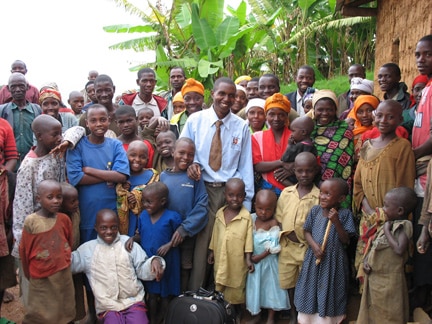Categories: Articles (EMQ), EMQ, Section
Related Articles
Your Development Projects: Secular or Scriptural?
Do we offer run of the mill development, or transformational programs?
Welcoming the Stranger
Presenter: Matthew Soerens, US Director of Church Mobilization, World Relief Description: Refugee and immigration issues have dominated headlines globally recently. While many American Christians view these…
Spirit-led Followers: Rethinking Transformational Leadership Theory
How should Christians think about transformational leadership? Exploring the pros and cons in a Christian context.
The Roles of Church and Mission in Crisis Management: Overlap? Competition? Cooperation?
Description: This webinar will look at the issues churches and missions face in responding to crises on the field. How do they cooperate and communicate…
From Unhealthy Dependency To Local Sustainability
Presented by: Jean A. Johnson, Executive Director of Five Stones Global Description: It takes a great amount of intentionality to create a culture of dignity,…




